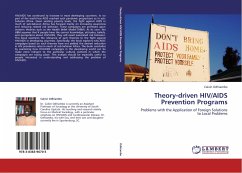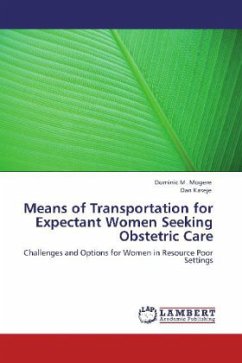One of the key responses to the HIV/AIDS crisis has been the provision of School- based HIV/AIDS education, to try and improve teenagers' ability to make wise and sensible decisions regarding their behaviours. The interventions have been premised on links between education and behaviour, the underlying assumption being that teaching young people how to protect themselves from HIV can lead to a reduction in risk behaviour and hence a reduction in HIV incidence (UNAIDS, 1997). An important part of this process has been the development of an education sector policy on HIV and AIDS, aimed at implementing and effecting, among others, the policy goal of Prevention. This study, with the use of a systems theory as a theoretical framework, examines the policy, provision and practice of HIV/AIDS education in secondary schools in Kenya with the view to informing policy and providing options for re-designing and scaling up (if necessary) the HIV/AIDS program.
Bitte wählen Sie Ihr Anliegen aus.
Rechnungen
Retourenschein anfordern
Bestellstatus
Storno








